Signs You Need a New Water Heater: Don’t Wait Until It’s Too Late
In today's modern homes, the water heater is an often overlooked but essential component. However, like all appliances, it won't last forever. Recognizing the signs that your water heater is failing can save you from the inconvenience and potential damage of a complete breakdown. Many times, the signs of imminent failure are overlooked until the problem becomes severe. It is important to monitor your water heater periodically to ensure it is operating efficiently and safely.
Hearing Unusual Noises Coming From the Heater
One of the earliest signs that your water heater may need replacement is the emergence of unusual noises. Sediment build-up is a common cause of noise within the heater, as minerals and debris collect at the bottom of the tank. As these sediments are heated and reheated, they harden and crackle, leading to popping and cracking sounds. Although these noises are indicators of sediment build-up, they can also point to a decrease in the efficiency of your heater. Addressing sediment issues promptly can prolong the life of your unit and maintain its efficiency.
Popping and cracking sounds can evolve into more severe noises such as banging or rumbling, which generally indicate significant sediment build-up. These disruptions can cause wear and tear on the tank, leading to leaks or further mechanical issues. Metallic or odd noises may also suggest component problems, indicating parts within the water heater itself are coming into contact. Such noises are especially concerning as they can result from parts that are coming loose within the heater. Regular flushing of your water heater can help mitigate these problems, but older units may be beyond simple maintenance solutions.
Evaluating noise levels over time helps pinpoint whether the problems are getting worse. If unusual noises are increasing in frequency and volume, it signals a potential urgent need for repairs or replacement. Regular maintenance checks by professionals can help preempt failures due to sediment build-up and mechanical wear. According to experts like The Home Depot, with proper maintenance, a tank water heater should last between six to 12 years, making it crucial to address operational signs before the end of its lifespan. Ignoring these noises altogether risks a decrease in performance and possible abrupt failures.
Receiving Inconsistent or Insufficient Hot Water
Inconsistent or insufficient hot water is another clear sign that your water heater might need attention. This issue may first present itself as fluctuating water temperatures during use. It can be unsettling when your once-dependable hot shower turns icy cold midway, indicating a potential heater malfunction. A primary cause of this inconsistency might be resolved by addressing the heating elements within the unit. Other times, if the fluctuation in temperature is persistent and unexplained, it may signal that the unit is no longer able to meet the demands being placed on it.
Rapid depletion of hot water is yet another symptom to be mindful of. If your shower suddenly runs out of hot water more frequently, it might signal issues with the heating element itself, or more generally, a reduction in the capacity of the heater to sufficiently heat water. The age and capacity of the water heater play a significant role in its ability to deliver consistent hot water. Over time, heating elements can become less efficient or even fail, significantly affecting the heater's performance. Regular checks and maintenance can provide early detection of these performance issues.
Issues with heating elements and thermostat malfunctions are common culprits of inconsistent hot water. As your water heater ages, these components can wear out, leading to unreliable heating. Modern heaters are equipped with quality components, but even they have a limited operational lifespan. Comparing your heater's age and performance against manufacturer recommendations is beneficial. Consulting with a professional can help determine whether repairs may suffice or if a replacement is warranted to restore adequate hot water supply.
Seeing Visible Leakage or Moisture Around the Heater
Noticing visible leakage or moisture around the water heater is a major red flag of potential failure. Minor leaks may go unnoticed for a while, but they often escalate to more serious problems. Identifying minor leaks vs. major leaks is crucial, as major leaks can destroy flooring and nearby structures. Regularly inspect the unit for any signs of moisture, especially around the connections and tank seams. Proactive assessment and quick repairs can prevent more costly damages.
Corrosion or rust around the connections is often a precursor to leaking issues. This deterioration indicates that the metal of the tank is weakening, making it susceptible to cracks or bursts. Pooling water around the base of the heater often signifies these problems have progressed. The moisture not only threatens the integrity of the tank but also poses risks to surrounding areas. The impact on nearby structures can lead to costly repairs, necessitating swift action.
Investing in regular professional inspections allows for more accurate leak assessments and remedies. Moisture impact on nearby flooring, walls, and materials could lead to mold growth, further intensifying repair costs. Regular maintenance assists in maintaining the longevity of your tank water heater. Guidelines for water leak assessment can help you distinguish between minor and major concerns. Seeking expert guidance is essential for accurate diagnosis and effective solutions.
Experiencing Changes in Water Quality
Changes in water quality emanating from your taps often indicate trouble with your water heater. Rusty or discolored water suggests that the inner lining of the tank might be corroding. As the corrosion continues, the structural integrity of the tank is compromised, risking leaks and eventual failure. The presence of rust in your water supply can be detrimental to your plumbing and is often a sign that replacement is necessary. Addressing water quality concerns early can prevent further deterioration.
Foul odors from the hot water supply can suggest bacterial growth, particularly in water heaters that have been left unused for some time. These odors usually indicate a need for either corrective action through cleaning or, in cases of extensive bacterial presence, replacing the unit. A strange taste in hot water is another concerning symptom that shouldn't be disregarded. Regularly evaluating your water quality can help pinpoint the specific issues affecting your water heater's performance. Consulting experts can lend insight into whether these changes indicate a need for replacement.
Chalky build-up and sediment issues not only compromise water quality but can also impede a heater's heating efficiency. Periodic testing of water quality can inform you of any unwanted changes that necessitate action. For homes in areas with hard water, these issues are amplified due to the greater likelihood of sediment accumulation. Regular professional inspections can ensure these sediment problems are kept under control. Depending on the severity of build-up, replacement might be the most economical option to restore optimal water quality.
Increasing Energy Bills
An unexpected increase in energy bills is a potential signal that your water heater is functioning inefficiently. All water heaters consume energy, but inefficiencies can drive these costs significantly higher if the unit is failing. Inefficient heating as a cost factor is exacerbated by older units that consume more energy just to maintain regular function. Comparing past and current energy usage can help identify when your heater may be operating beyond its means. If energy consumption patterns have changed rapidly without any other explanation, the water heater is likely the culprit.
Older units inherently consume more energy as their components wear down over time. This wear and tear leads to energy waste, as the heater requires more power to achieve the desired temperatures. Regular maintenance can mitigate some inefficiency, but at some point, replacement becomes more cost-effective. The importance of energy efficiency ratings is critical to evaluating new water heater models. Transitioning to new units can offer better energy efficiency, resulting in lower utility bills and reduced waste.
It's essential to factor in product suggestions and energy guidelines when considering a new purchase. Newer models often boast superior energy efficiency and reliability, justifying initial expense. Replacing an outdated heater with a more cost-effective model offers both immediate and long-term savings. Seeking professional advice on model efficiency, suitability, and potential savings helps solidify a decision about replacement. The sum savings on energy bills can eventually offset the investment in a new, energy-efficient model, maximizing household cost-effectiveness and sustainability.
Considering the Age of the Water Heater
Lastly, the age of your water heater can itself be a reason for replacement consideration. Understanding the average lifespan of water heaters aids in planning and proactive replacement. It's prudent to refer to the manufacturer's suggested replacement timeline as a guideline. Knowing this information empowers homeowners to acting before a complete failure occurs.
Age-related wear and tear becomes evident as heaters approach or exceed their typical lifespan. Parts degrade, functioning less effectively, with evidence in performance issues or physical degradation. When age and performance decline intersect, replacement emerges as a rational step forward. Technological advancements also offer compelling reasons to explore replacement. Transitioning to newer technologies can offer enhanced reliability, efficiency, and even environmental benefits.
Moving to updated models ultimately results in a more consistent hot water supply and lowers energy consumption. It's a good opportunity to evaluate whether to stick with traditional tank models or excel to tankless, hybrid, or solar-powered options. Considering new technology's adaptability and energy savings can further support financial comfort through the years. Proactive replacement planning ensures uninterrupted service and fiscal prudence. Embracing innovation satisfies both key utility needs and sustainability imperatives.
A functioning water heater is crucial for household comfort, making it important to address signs of decline promptly. By recognizing and reacting to the warning signs early, you can avoid unexpected breakdowns and costly repairs, ensuring your home remains comfortable and efficient. Maintaining awareness of issues such as unusual noises, water quality changes, and energy inefficiencies empowers homeowners to take timely action. Being proactive with regular maintenance not only lengthens water heater performance but also supports financial and environmental responsibility. A timely transition to newer models offers sustained comfort and assurance in continuous service. If you need a new water heater or any other plumbing services, contact PBCI-Allen Mechanical & Electrical today.
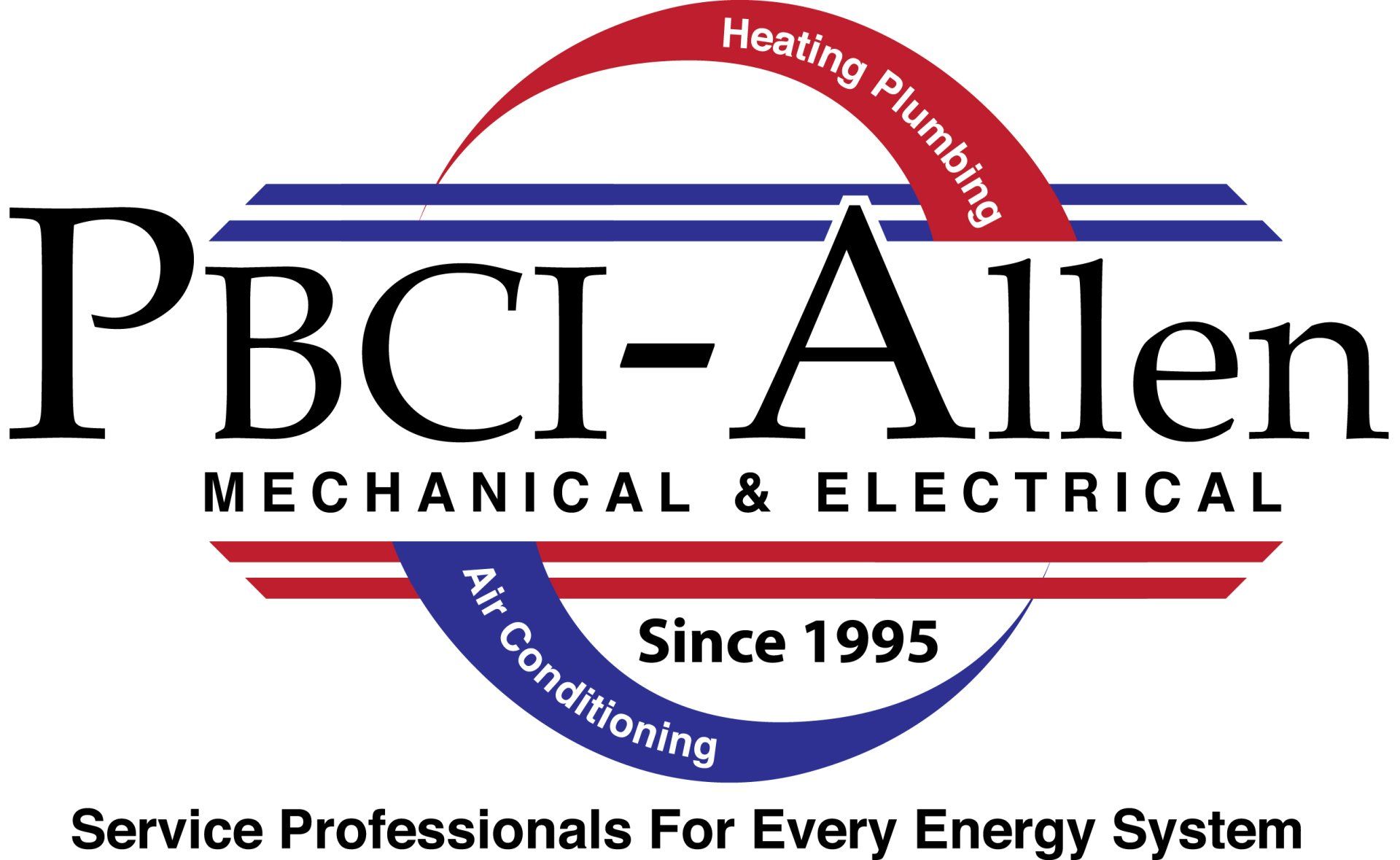
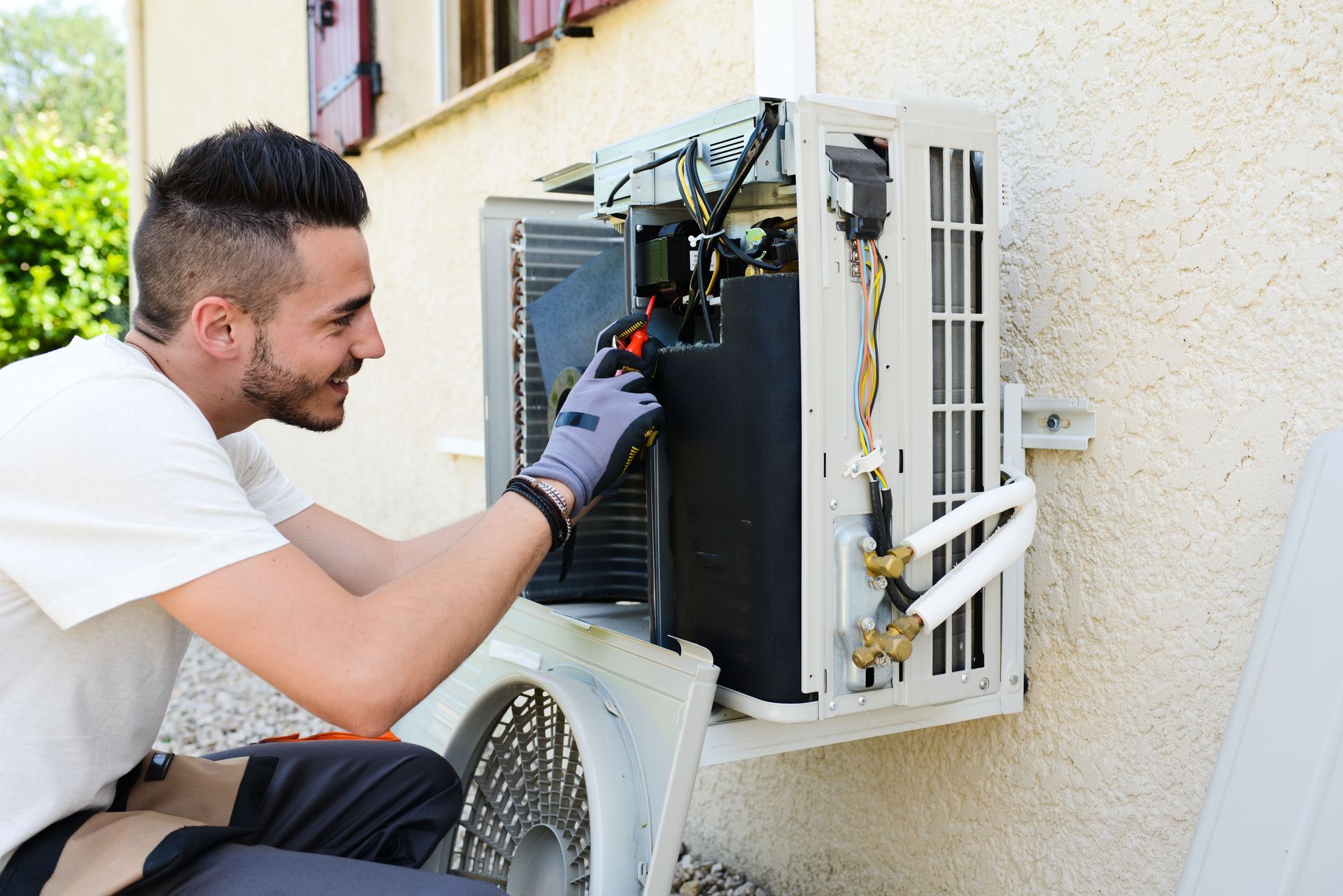
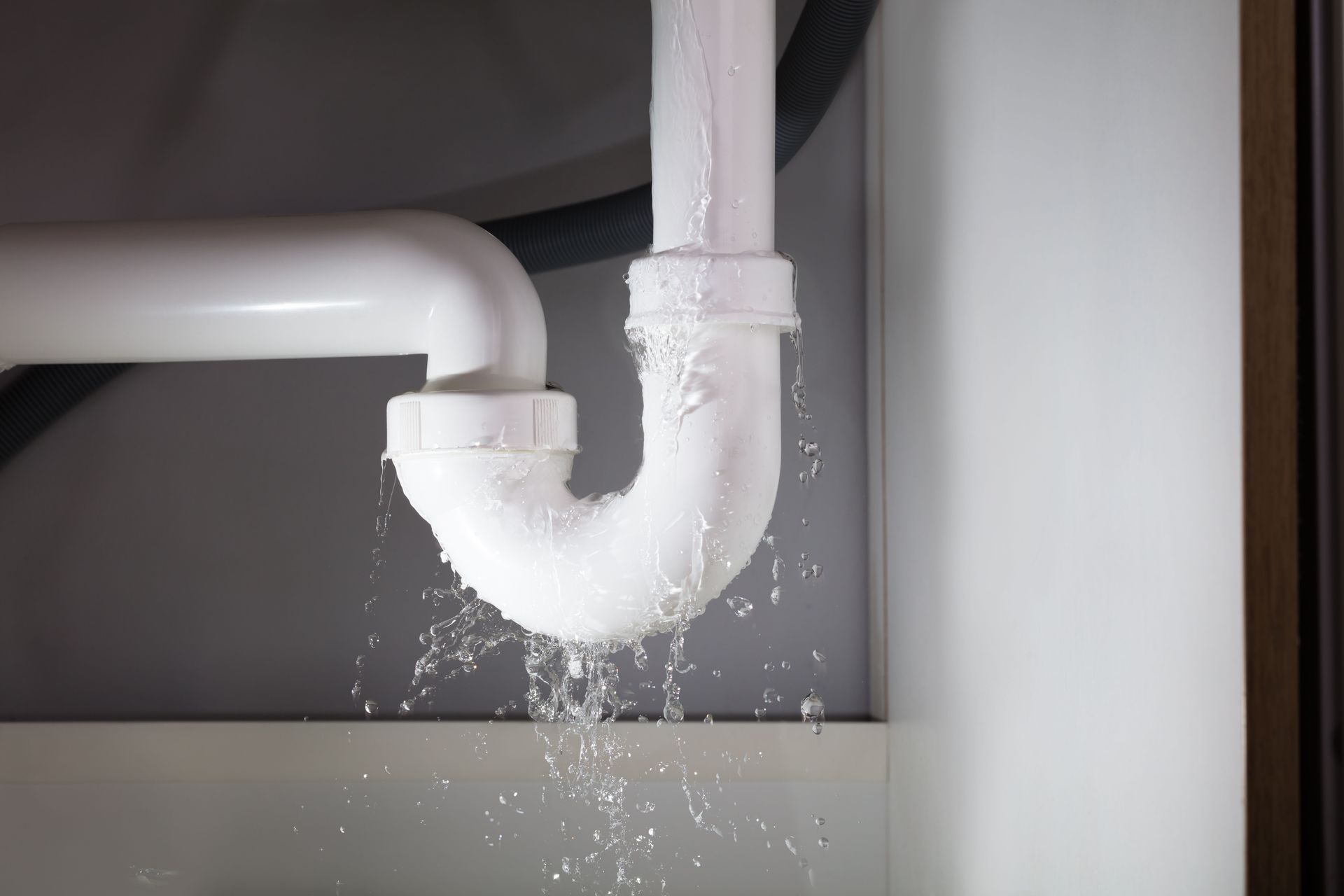
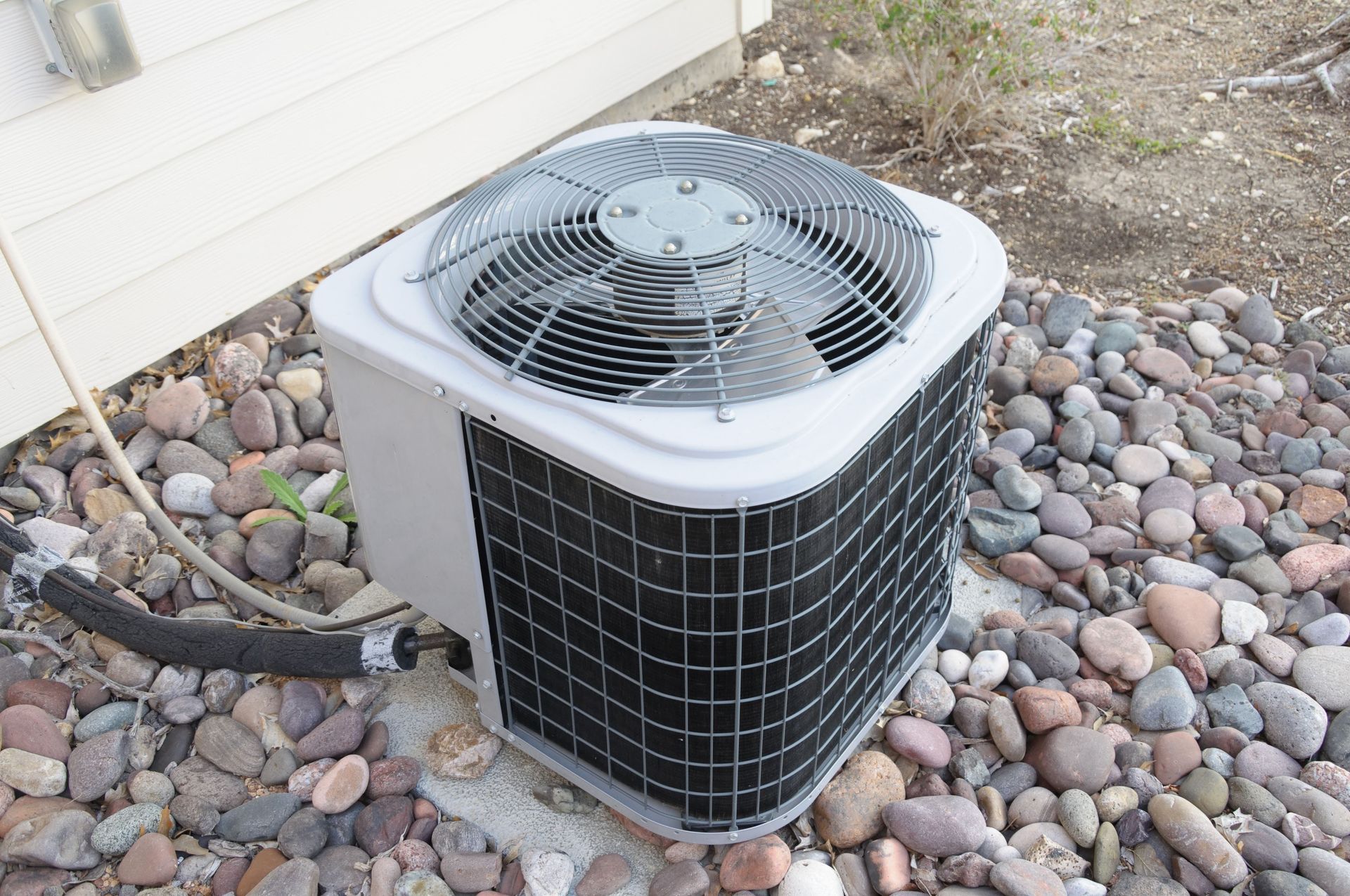
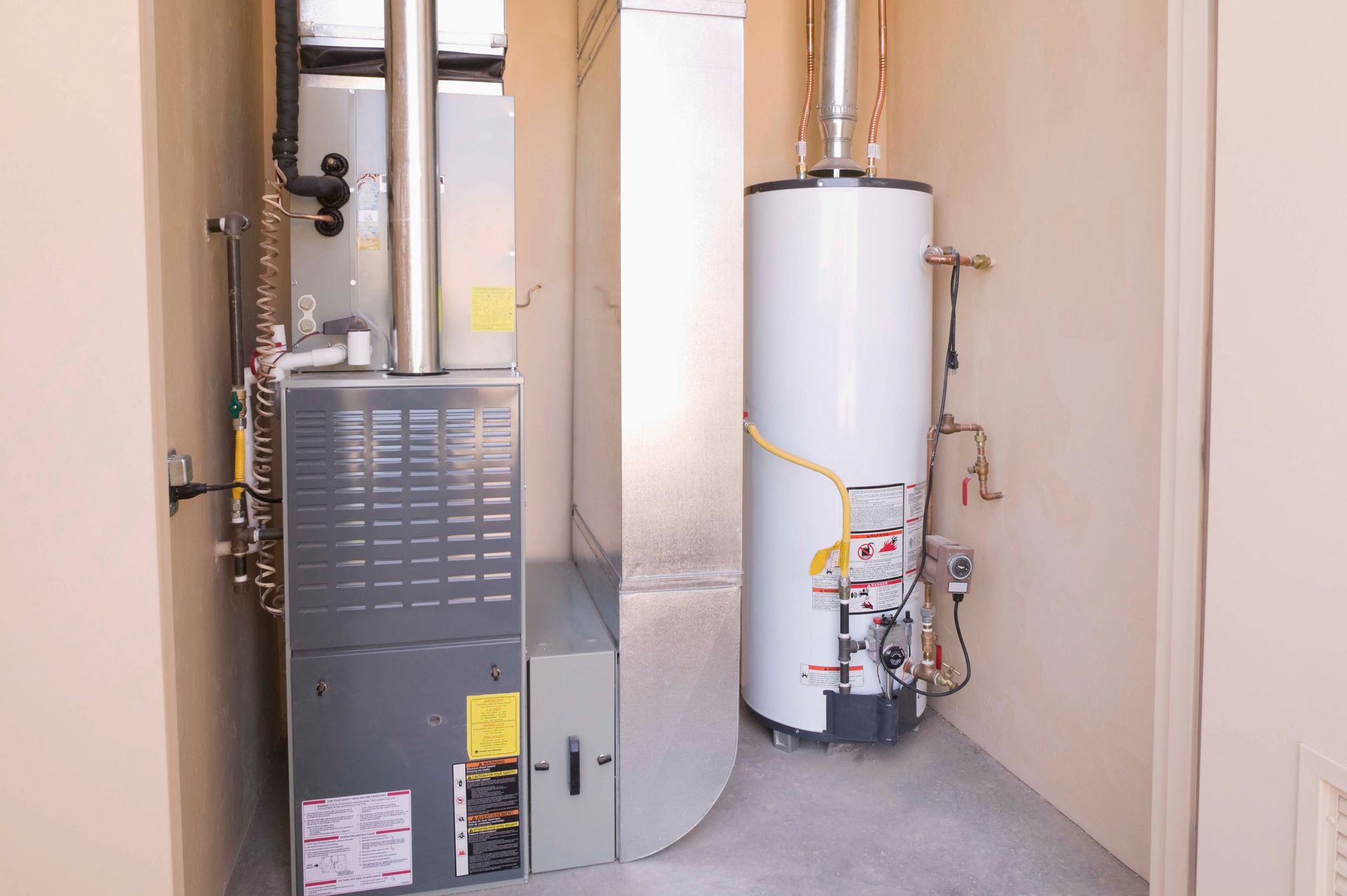
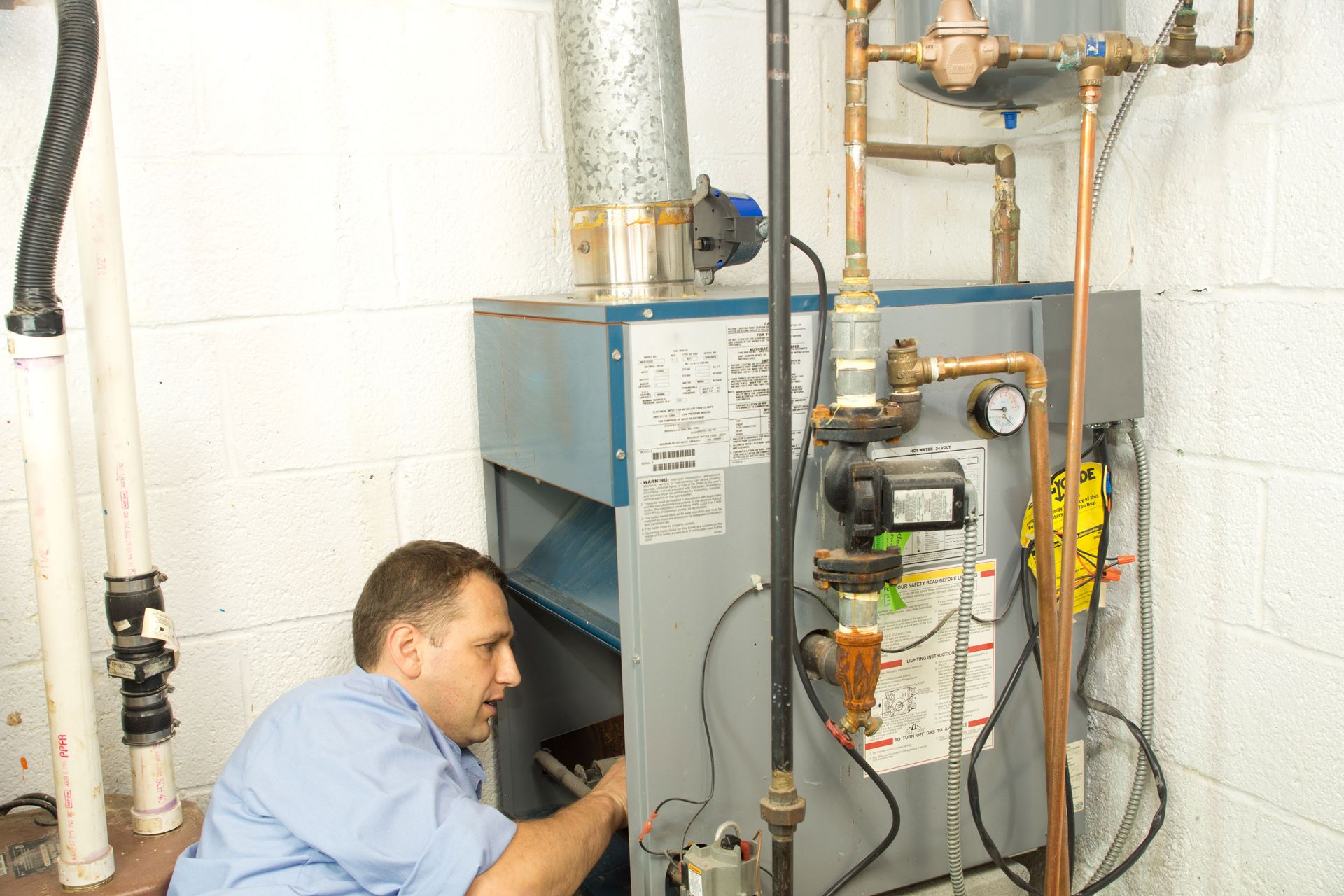
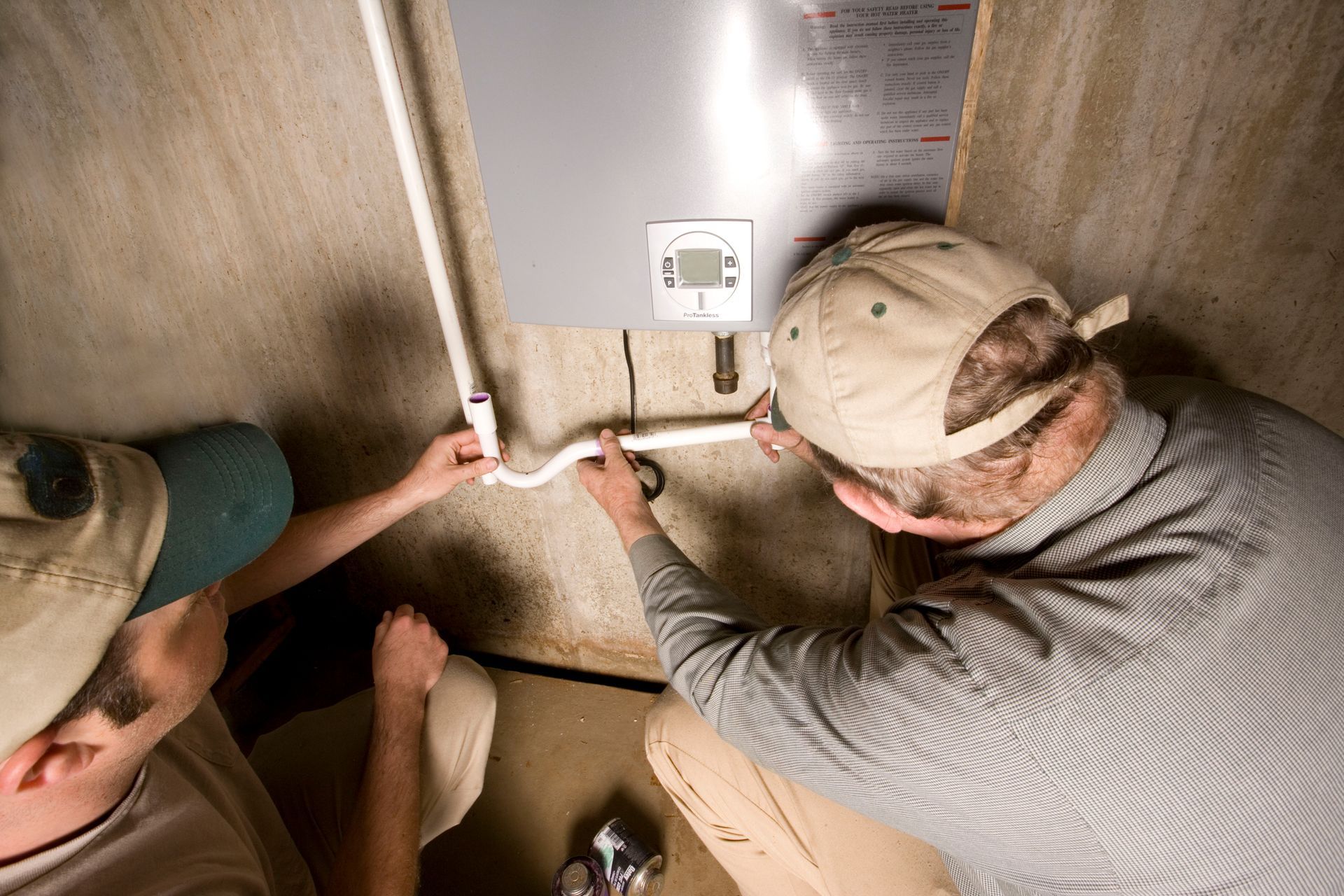
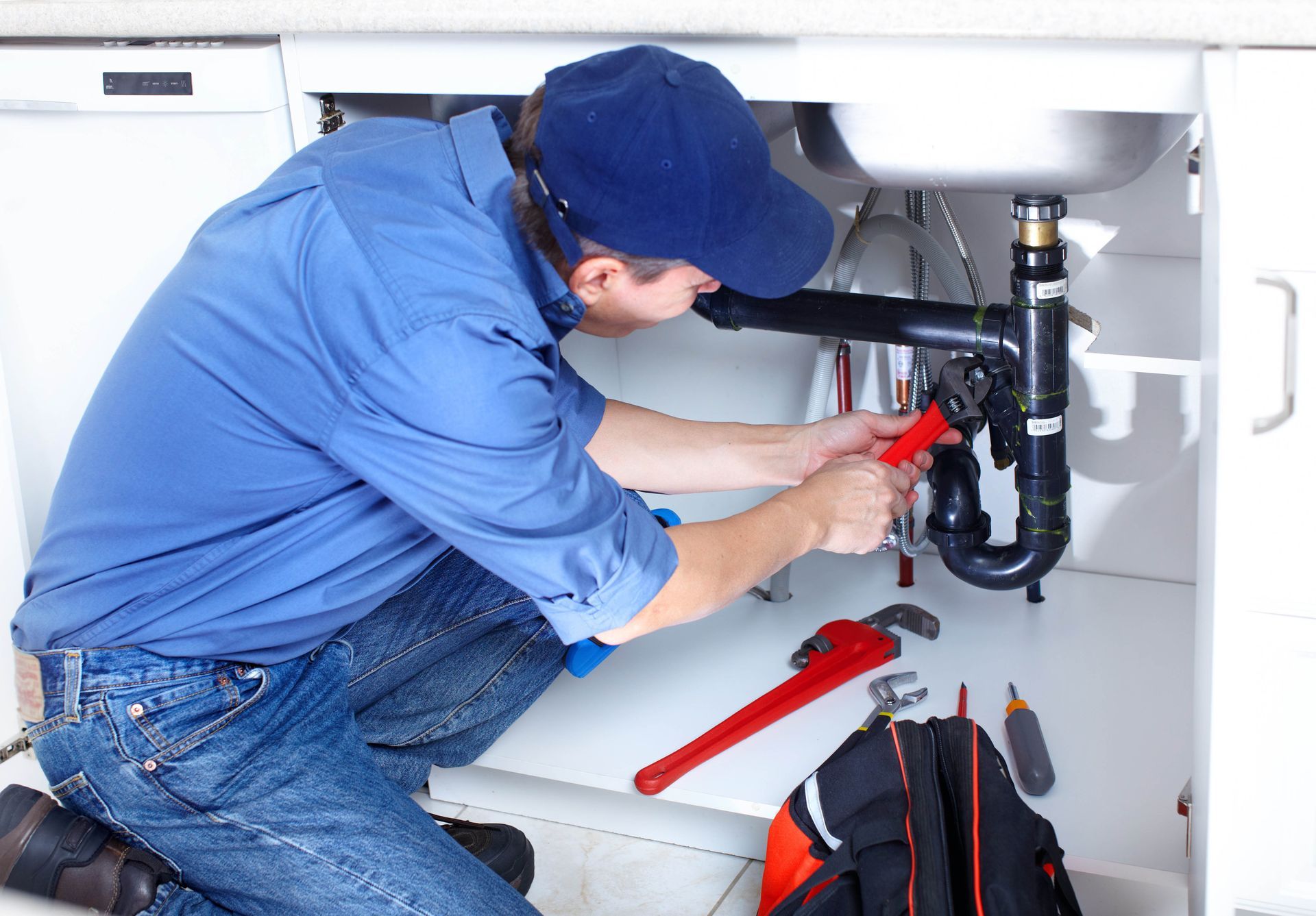
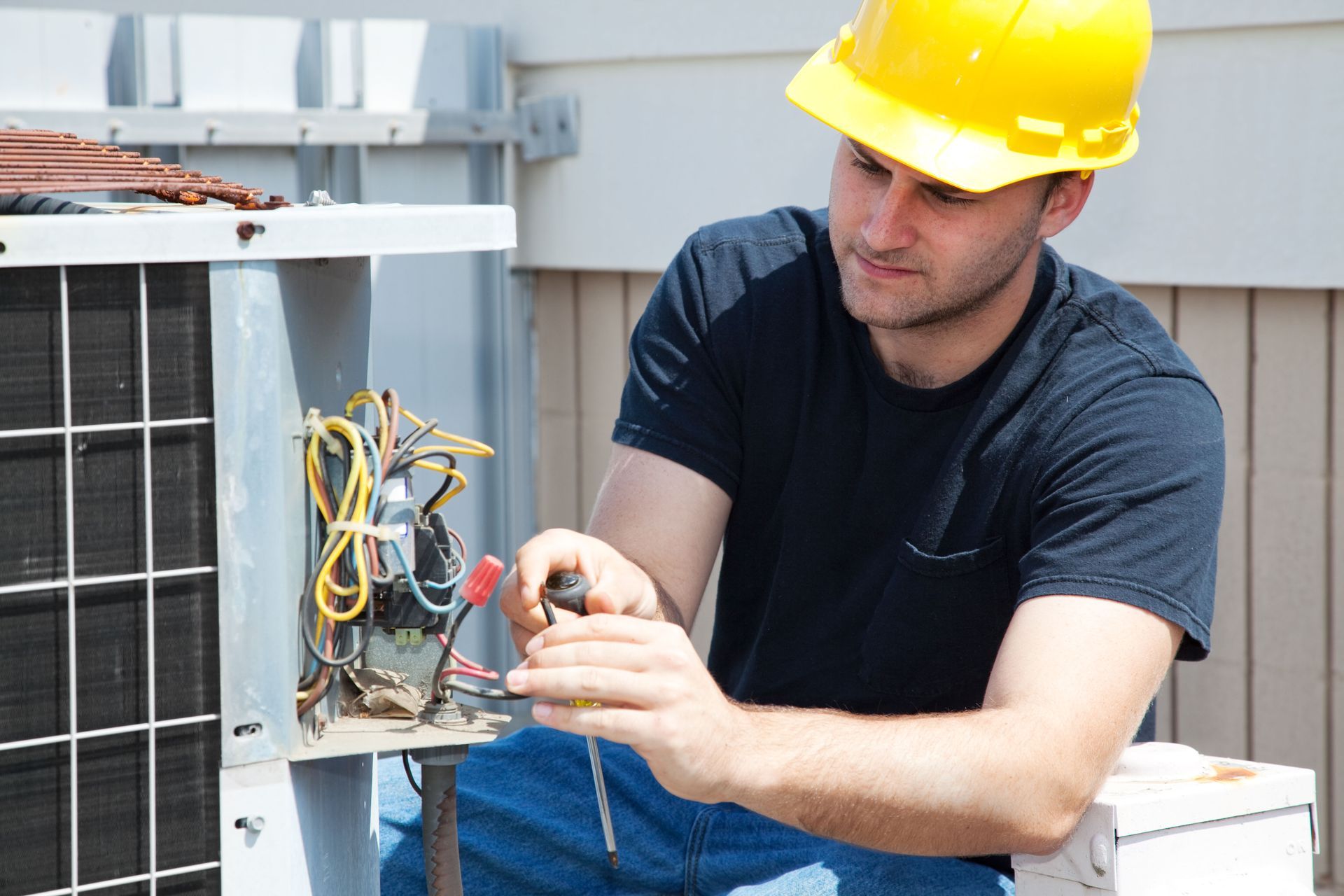
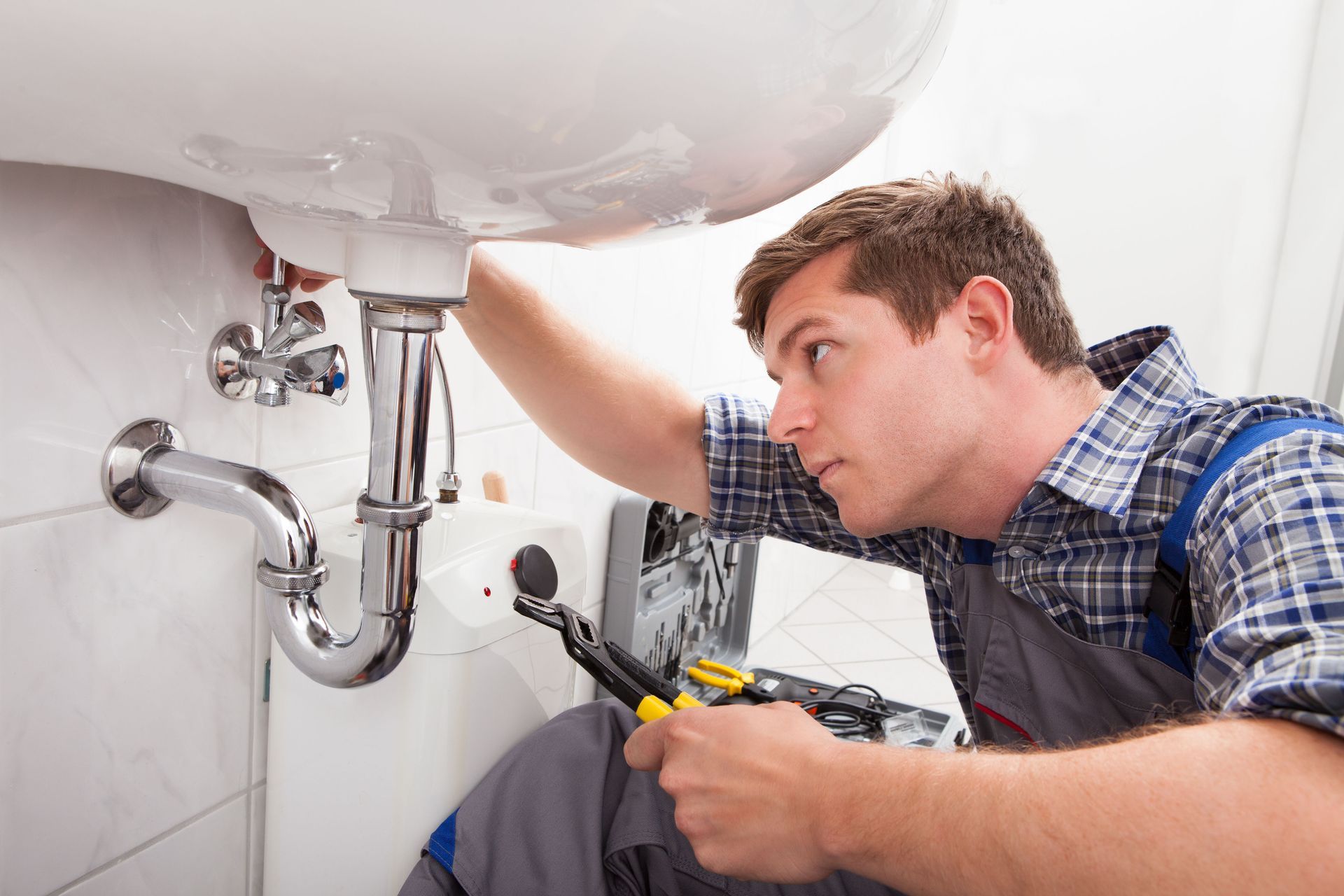
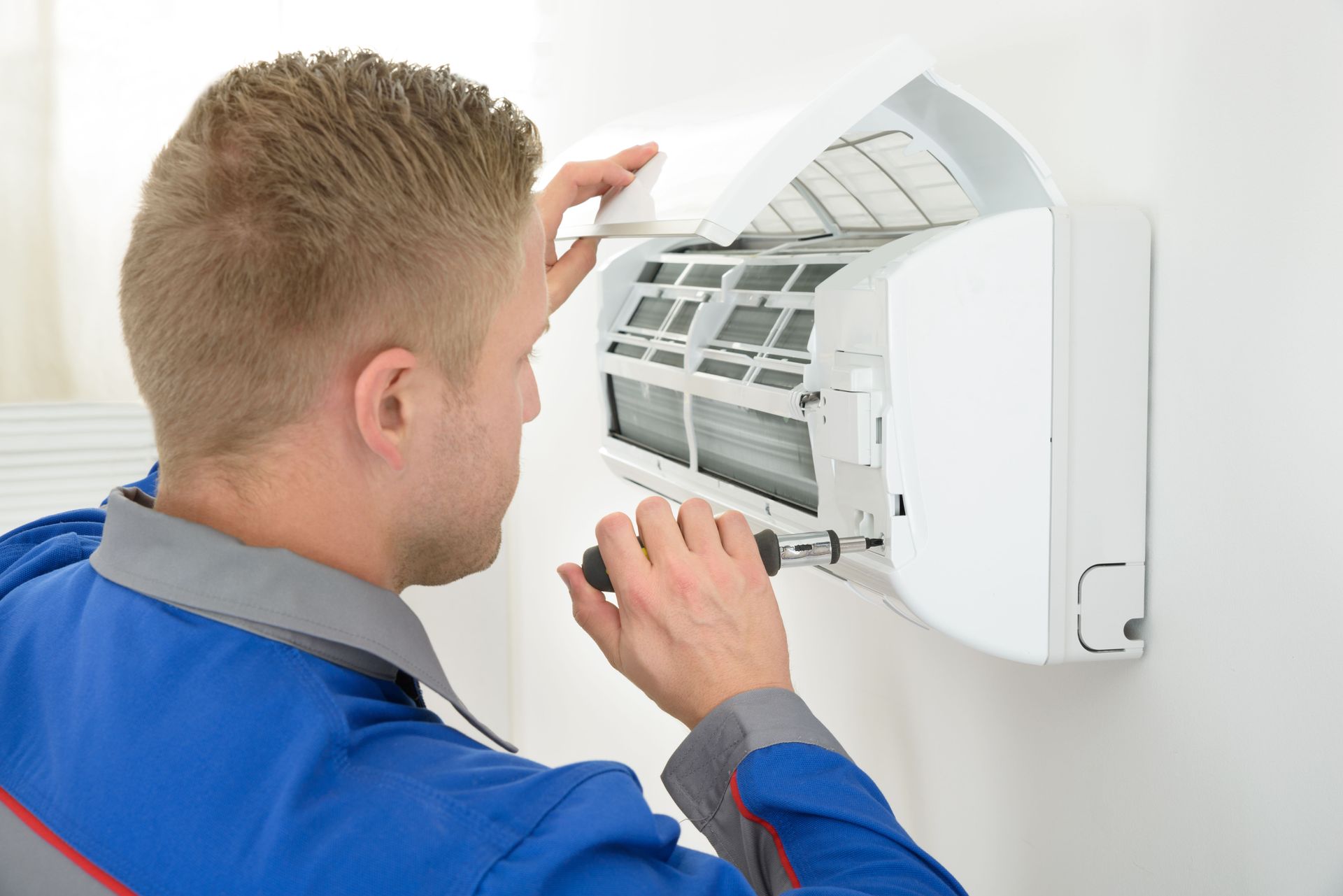


Share On: